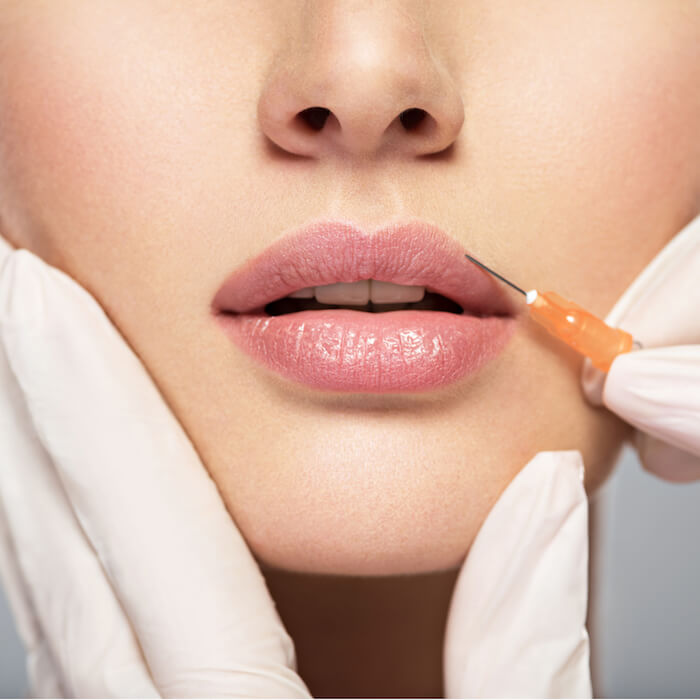Dermosphere clinic offers a wide range of treatment options for treating pimples. The best treatment options for pimples and acne depends on the severity and type of acne you have. Different individuals may respond better to specific treatments, and it’s essential to tailor the approach to your unique skin condition. Our dermatologists do a thorough examination for your skin and make a customised treatment regimen for you.
Comprehensive Guide to Acne Treatments: General Measures, Prescription-Based, and Procedural Treatments
Acne is a common skin condition that affects individuals of all ages, causing pimples, blackheads, whiteheads, and sometimes painful nodules. While the severity of acne can vary, finding an effective treatment is essential to improve skin health and boost self-confidence. In this comprehensive guide, we’ll explore the different categories of acne treatments, including general measures, prescription-based options, and procedural treatments.
General Measures:
- Skincare Routine: Establishing a daily skincare routine is crucial for managing acne. Use a gentle cleanser to wash the face twice a day to remove dirt, excess oil, and impurities without stripping the skin. Choose oil-free and non-comedogenic products to prevent pore blockage. Regularly apply sunscreen with at least SPF 30 to protect the skin from harmful UV rays.
- Stress Management: Stress can exacerbate acne, as it triggers hormonal fluctuations that contribute to breakouts. Practice relaxation techniques such as meditation, deep breathing, or yoga to manage stress levels effectively.
- Avoid Picking: Tempting as it may be, avoid picking or squeezing pimples, as this can lead to inflammation, scarring, and the spread of bacteria.
Prescription-Based Treatments:
- Topical Retinoids: Derived from vitamin A, topical retinoids are powerful agents that unclog pores, reduce inflammation, and promote skin cell turnover. They are available in various strengths, including over-the-counter and prescription formulations.
- Benzoyl Peroxide: An over-the-counter ingredient, benzoyl peroxide, effectively kills acne-causing bacteria, reduces inflammation, and helps prevent new breakouts.
- Topical Antibiotics: Prescription-strength topical antibiotics, such as clindamycin or erythromycin, help reduce inflammation and control bacterial growth on the skin’s surface.
- Oral Antibiotics: In moderate to severe cases of acne, dermatologists may prescribe oral antibiotics like doxycycline or minocycline to address inflammation and bacterial overgrowth.
- Hormonal Therapy: For females with hormonal acne, oral contraceptives containing estrogen and progesterone can help regulate hormone levels, improving acne symptoms.
- Isotretinoin (Accutane): In cases of severe and resistant acne, isotretinoin is a potent oral medication that dramatically reduces oil production and inflammation, leading to long-term remission in many patients.
Procedural Treatments:
- Chemical Peels: Dermatologists use chemical peels with various exfoliating agents, such as glycolic acid or salicylic acid, to remove dead skin cells, unclog pores, and improve skin texture.
- Laser and Light Therapies: Certain laser treatments, like blue light therapy or photodynamic therapy, can target and destroy acne-causing bacteria, as well as reduce inflammation.
- Extraction: In-office extraction involves the manual removal of blackheads and whiteheads by a dermatologist, helping to clear pores and prevent further breakouts.
It’s important to remember that the best treatment for acne depends on an individual’s specific skin condition, type of acne, and its severity. What works for one person may not be effective for another. Consulting with a dermatologist is essential for an accurate diagnosis and personalized treatment plan. Dermatologists can assess the underlying factors contributing to acne, recommend appropriate treatments, and monitor progress to achieve the best possible outcomes.
In conclusion, treating acne requires a comprehensive approach, including daily skincare practices, prescription-based medications, and procedural treatments. By combining these approaches and working closely with a dermatologist, individuals can effectively manage acne and achieve healthier, clearer skin. Remember, patience and consistency are key, as improvements may take time to become evident. With proper care and guidance, acne can be effectively controlled, boosting confidence and overall skin health.
Disclaimer:
This answer is not a substitute for professional medical advice. This answer is for general informational purposes only and is not a substitute for professional medical advice.

